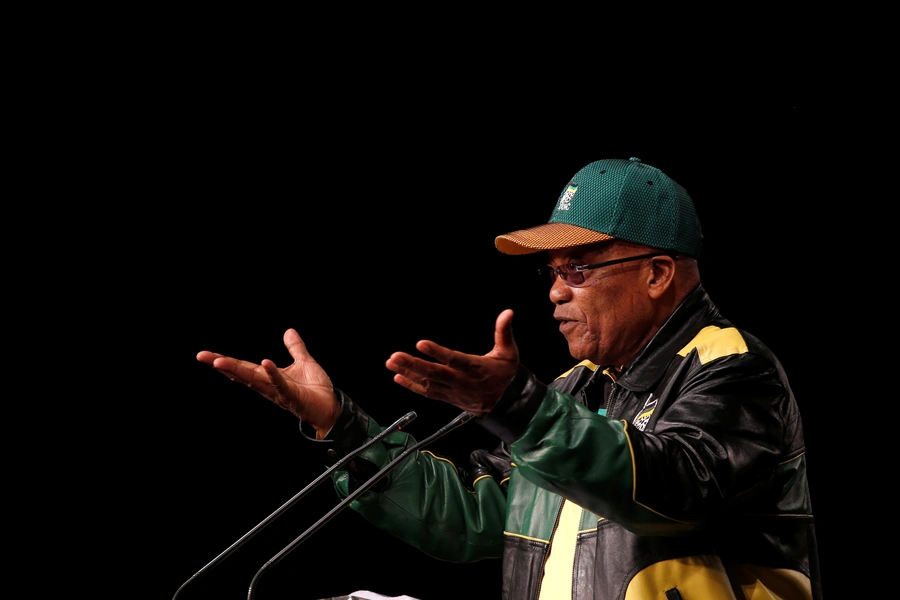South Africa's ANC Policy Conference Begins

With almost two-thirds of the seats in parliament, the African National Congress (ANC) is South Africa’s ruling party. Under the country’s system of proportional representation, the party elects the chief of state, at present Jacob Zuma. In December, the party will hold a National Conference, where it will elect a new party leader and few expect Zuma will be re-elected. If not, the party could either recall him from the presidency or leave him in place until his presidential term expires. If the ANC chooses to recall Zuma, the deputy president, Cyril Ramaphosa, would be chief of state until the next scheduled elections in 2019. The party is rapidly losing electoral support, and the conventional wisdom is that it is increasingly isolating itself from its political base because of corruption and incompetence. Its challenge is to turn itself around or risk not continuing as the party of government.
At present, the two leading candidates for party leader are Nkosazana Dlamini-Zuma, the former chairperson of the African Union and Jacob Zuma’s ex-wife, and Cyril Ramaphosa, the current deputy leader. The principal policy buzzwords within the ANC are “radical economic transformation” and “white monopoly capital.” There is a general consensus on the need to broaden black participation and ownership in the economy, but little about how to do it—or what these buzzwords actually mean.
More on:
From June 30 through July 5, the ANC is holding a National Policy Conference. Up to four thousand delegates will review nine policy documents. There are likely to be many amendments and rhetoric that at times may be scary to a western audience—such as references to ”external threats” to the party and to South Africa (read from the United States). The more extreme the rhetoric, the happier the media will be and the more attention it will attract. However, ANC policy documents somewhat resemble American political party platforms, and it is rare for ANC policy documents to become actual legislation.
The real significance of the conference is that it will be another venue for the ongoing contest between Dlamini-Zuma and Ramaphosa. Dlamini-Zuma is closely associated with President Zuma, who still exercises considerable control over the party apparatus and the status quo. She is likely to useitionsharper anti-capitalist and “black power” rhetoric than the ANC has in the past. Those who believe the party is facing a crisis of electoral confidence unless it reforms itself away from corruption and patronage are supporting Ramaphosa. Broadly speaking, the Dlamii-Zuma faction is associated with the rural poor and many traditional rulers, while the Ramaphosa faction is urban, Johannesburg-based. Ramaphosa and his supporters advocate economic policy more in tune with the convention wisdom of the “Washington Consensus” and international financial institutions. The Policy Conference could indicate the relative strength of these two factions.
Between the National Policy Conference and the December National Conference there is time for a third candidate for party leader to emerge. This becomes more likely if it turns out the Dlamini-Zuma and Ramaphosa factions are equally matched come December.
More on:
 Online Store
Online Store